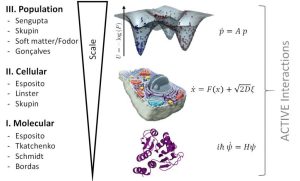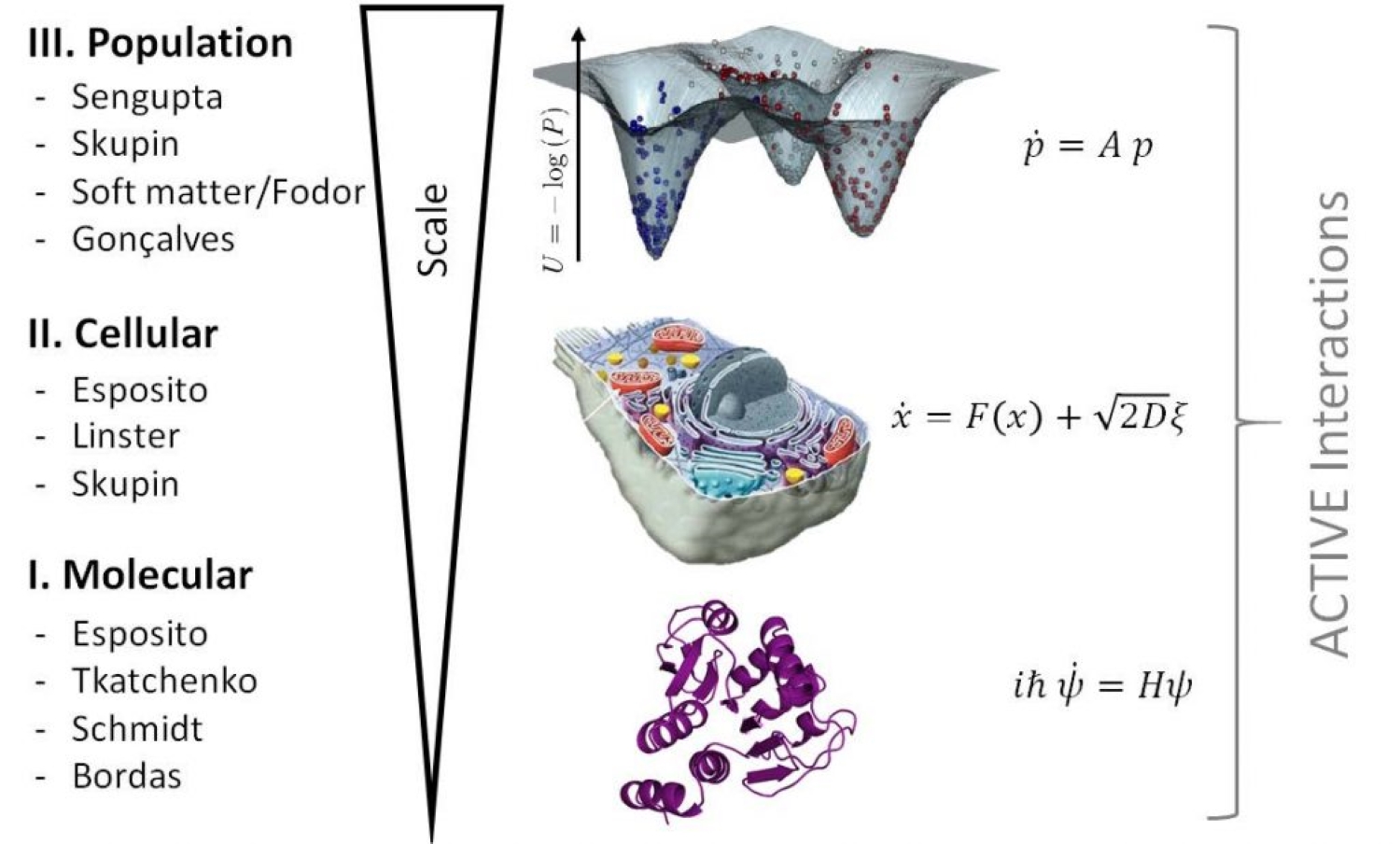The project at a glance
-
Start date:01 Nov 2020
-
Duration in months:78
-
Funding:FNR – Luxembourg
-
Principal Investigator(s):Massimiliano ESPOSITO
Organisation and Partners
- Department of Engineering
- Department of Physics and Materials Science
- Faculty of Science, Technology and Medicine (FSTM)
- Integrative Cell Signalling
- Luxembourg Centre for Systems Biomedicine (LCSB)
Project team
-
Massimiliano ESPOSITO
-
Stéphane BORDAS
-
Etienne FODOR
-
Jorge GONCALVES
-
Carole LINSTER
-
Anupam SENGUPTA
-
Alexander SKUPIN
-
Alexandre TKATCHENKO
-
Thomas SCHMIDT

